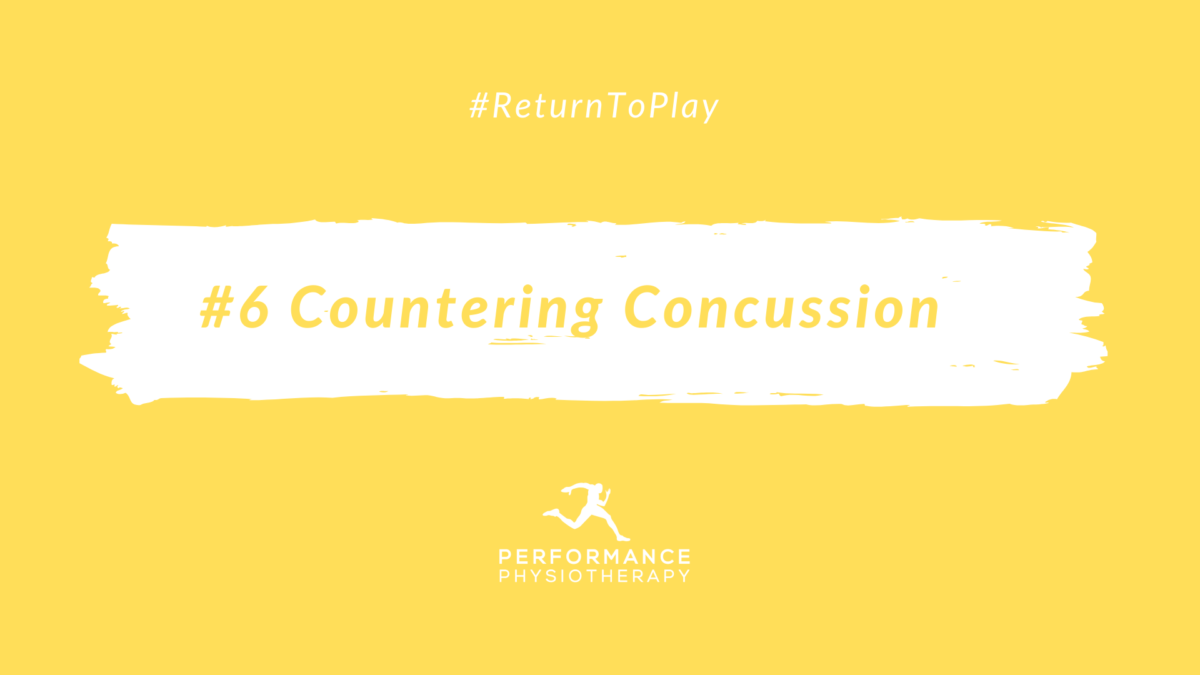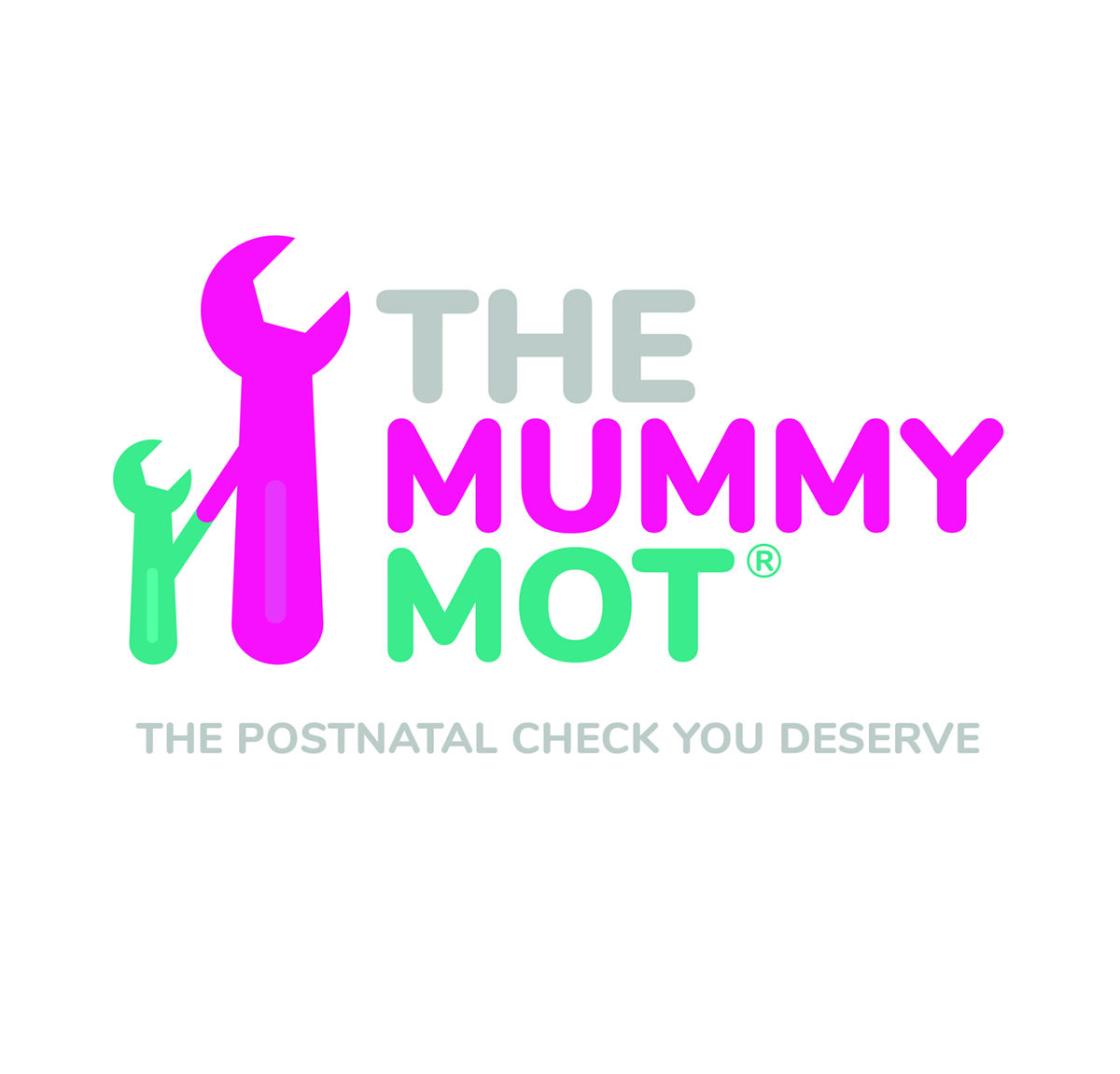Throughout our #ReturntoPlay blog series we’ve been looking at evidence-based ways to reduce injury risk when going back to sport following the lockdown.
So what are we talking about this week?
For this final entry we’re looking at what’s out there on how to reduce your risk of concussion. Unfortunately, there’s no sign of collision sports (like rugby) or combat sports (like judo) restarting any time soon, but it’s best to get ahead of the game with our simple tips so you’re in the best condition possible when you get your boots back on & return to the pitch, or put your gi on & return to the mat!
What can I do about it?
The good news is that we know keeping a strong neck helps to reduce your risk of suffering from concussion (Collins et al., 2014; Eckner et al., 2018). You should start with these simple isometric (not moving) exercises and progress to isotonic (with movement) exercises when you feel ready.
Let’s start by completing these 3 super simple exercises daily…
Forward press
Try to nod your head down & resisting this movement with your palm.
Hold this for 5 seconds then relax.
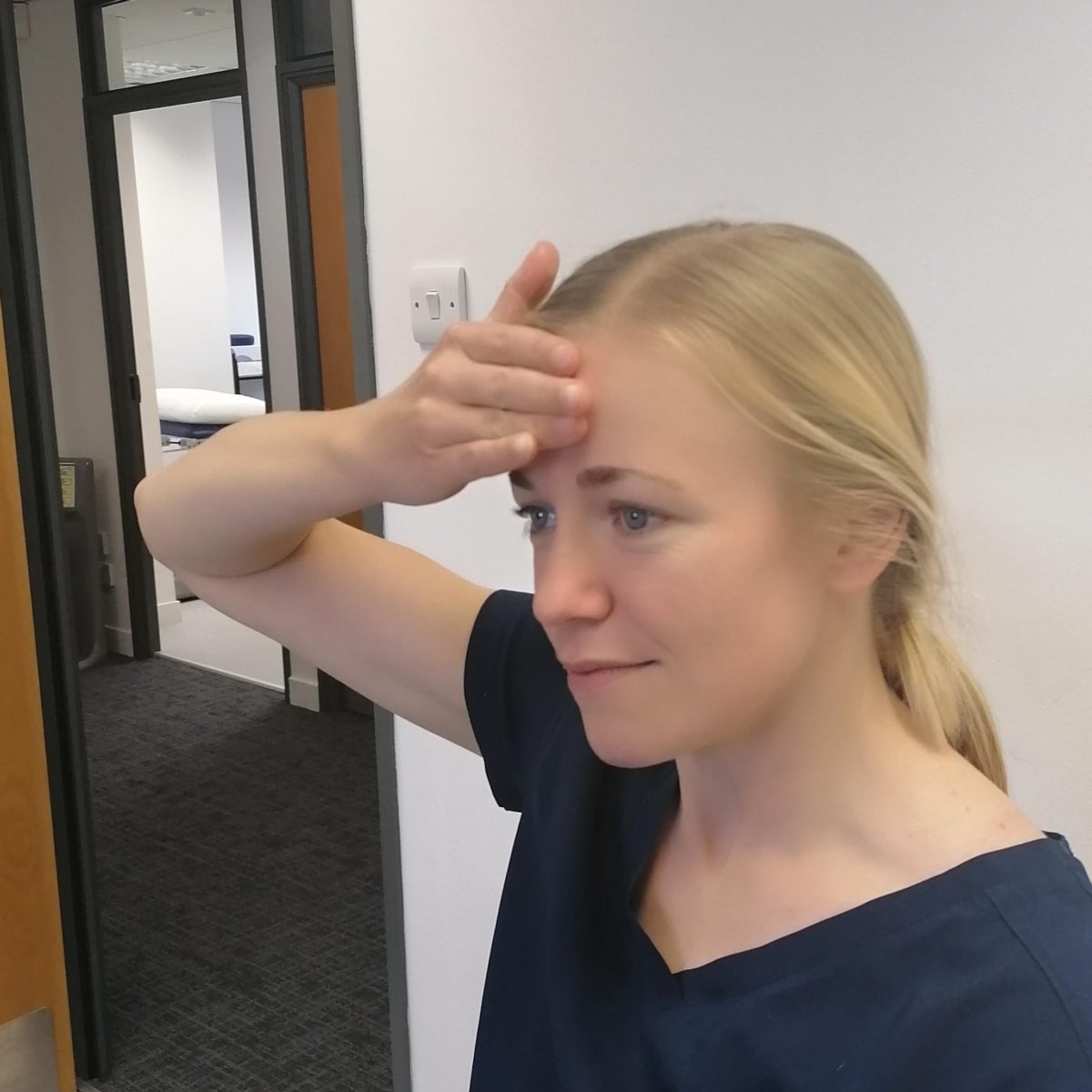
Side press
Press your head to the side into your hand. Repeat on the other side.
Hold this for 5 seconds then relax.
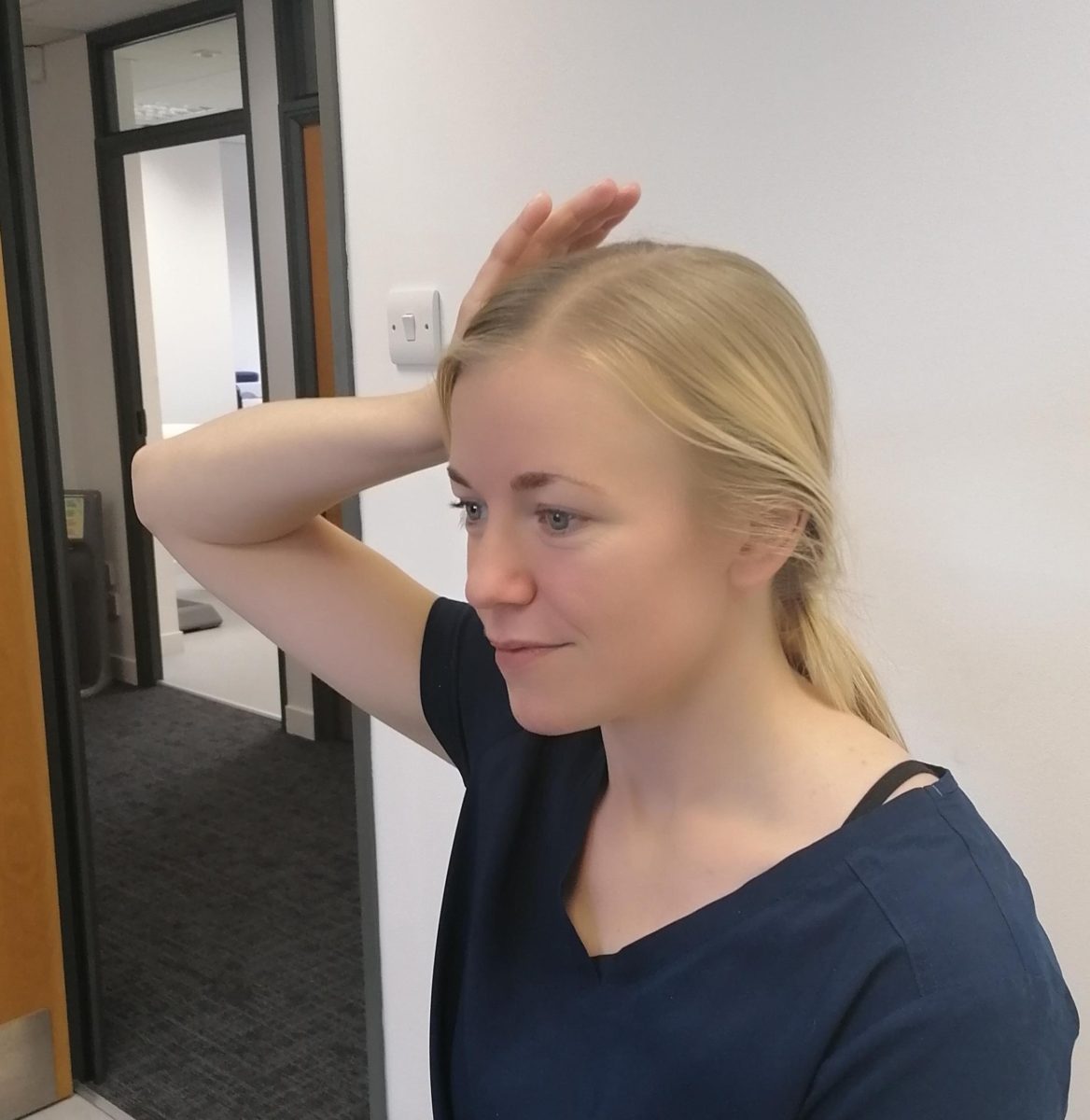
Backward press
Try to tilt your head back & look up, resist this movement with your hands.
Hold this for 5 seconds then relax.
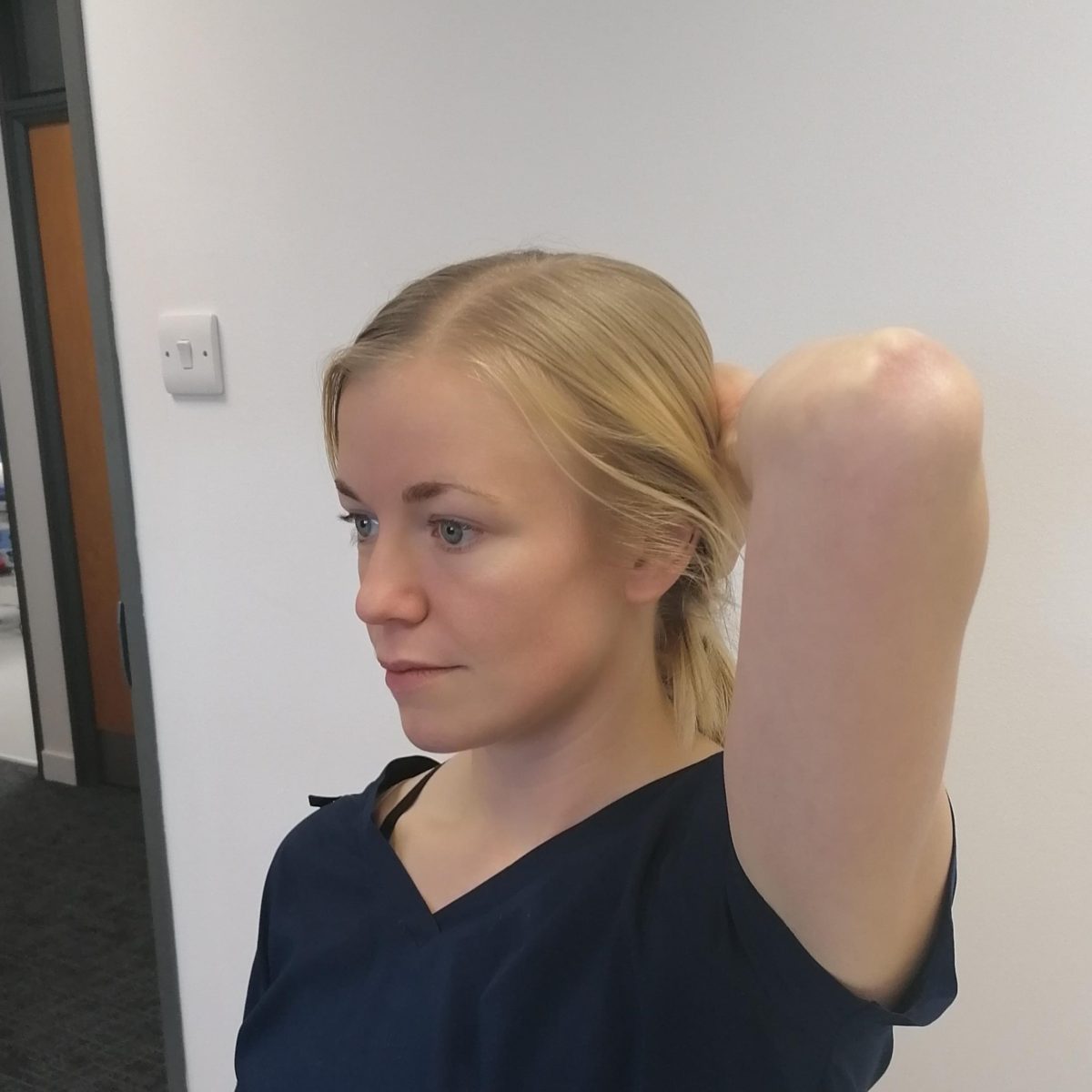
What if I’m concussed? How do I know?
As sports physiotherapists, if we suggest a player is concussed when playing sport we would look for any signs or symptoms, check the player is orientated in time & place and can remember the game clearly. We would also ask 5 simple questions which someone without concussion would know easily, but someone concussed might struggle with.
Here is the list of symptoms we look for in concussion.
If you have any, or a combination of these symptoms following an accident or hitting your head– contact your GP, or Jersey Sports Medicine or if you are very concerned or your condition is worsening then attend A&E. Once your doctor has diagnosed concussion then we can help you through the return to play process.
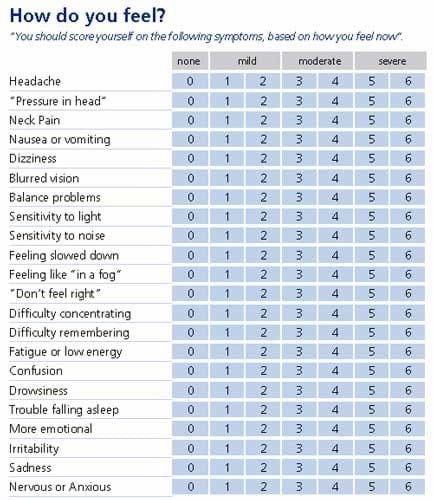
Remember- you don’t need to hit your head or be knocked out in order to have a concussion, it can also happen from a whiplash type injury where the head is jolted backwards & forwards or where your head quickly decelerates for example a rugby tackle or landing from a fall.
Will I recover from my concussion?
We can help you through the recovery process. This is a step-by-step process which starts with gentle exercise and normally lasts around 1-2 weeks, then once you’re back to playing your sport and feeling good, you don’t need to worry about it.
During this process people with concussion often tell us they just ‘don’t feel themselves’, it can be common to feel uneasy, anxious or down, this is normal & will improve!
What’s important is that you get informed advice on how to return to your life and sport safely to avoid prolonging the process, suffering from a second concussion or risking a bodily injury like an ankle sprain.
The bottom line is concussion is common, can be managed easily with the right advice and you can reduce your risk of suffering from it by building a strong neck!
Blog Post by…
Fiona Robertson
BSc(Hons) Physiotherapy MCSP

